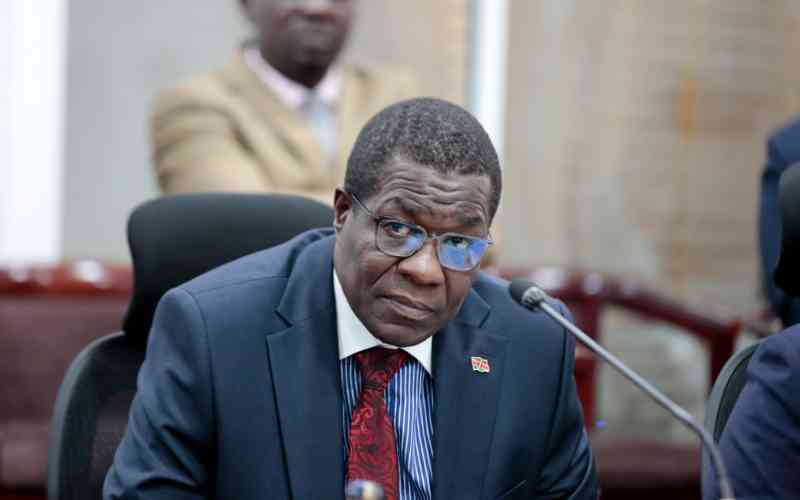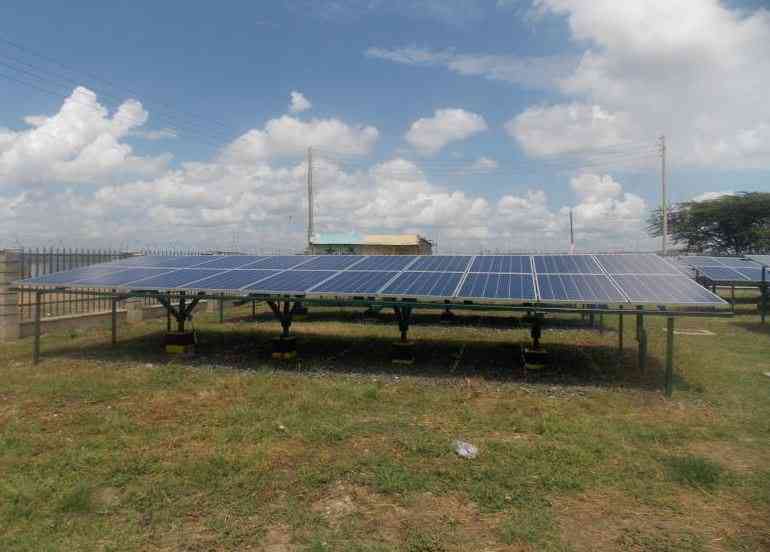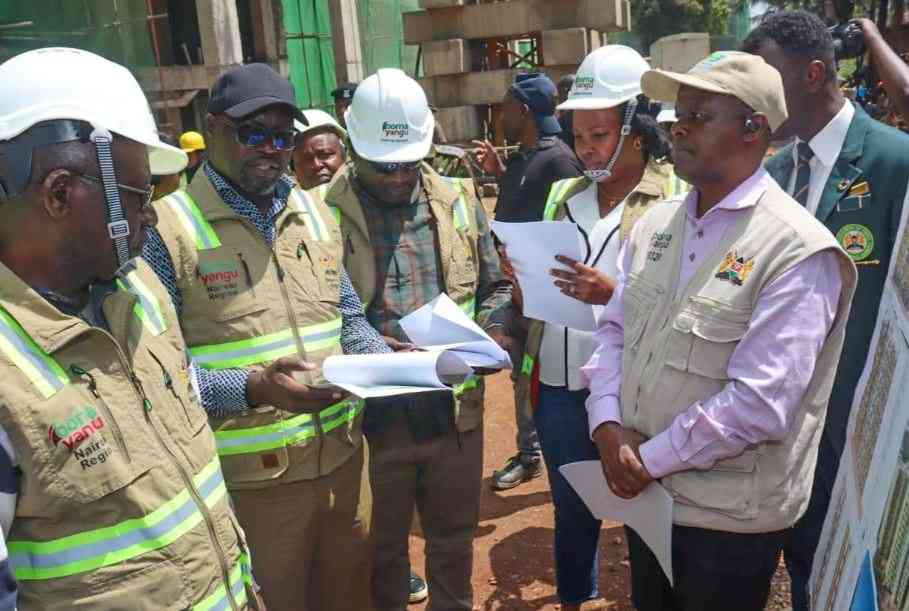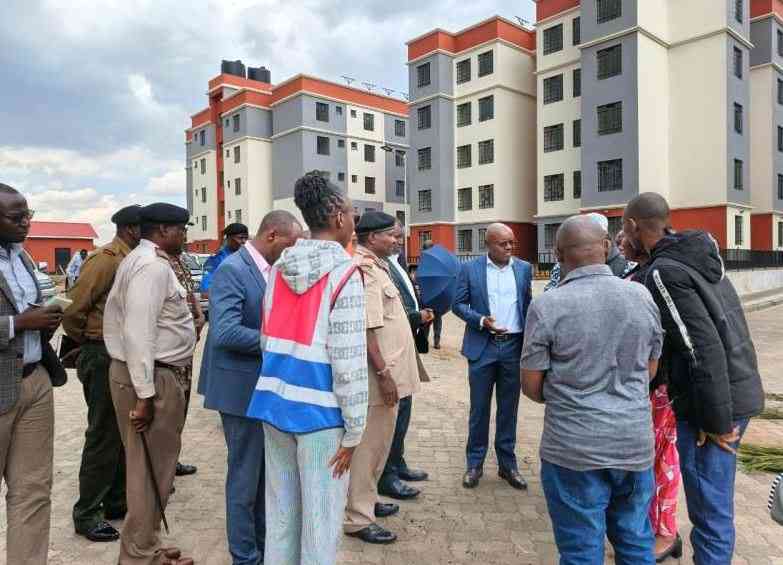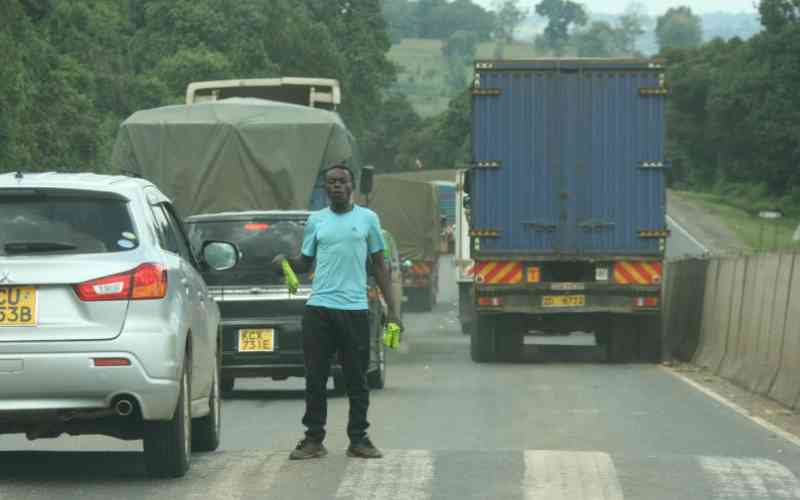
The Kenya Kwanza government's plan to build a key highway as a toll road is facing growing scrutiny over its promise to provide free alternative routes, with critics warning the project could create a transport system divided along wealth lines, even as authorities defend it as crucial for economic growth.
Kenya National Highways Authority (KeNHA) has named a consortium of China Road and Bridge Corporation (CRBC) and National Social Security Fund (NSSF) as the preferred bidder for the 233-kilometre Nairobi-Nakuru-Mau Summit highway - a vital trade corridor linking the port of Mombasa to landlocked neighbours.
The project, to be funded under a public-private partnership (PPP), will require users to pay tolls or a fee per kilometre for right to use.
In a bid to address affordability concerns, KeNHA said in a statement yesterday it "shall map out available alternative roads... for consideration and use by the public, who may opt not to pay and use this Project."
However, the authority's assurance has failed to quell mounting concerns about social equity and practical implementation.
"The notion of a 'free' alternative is an illusion if that road is slower, congested, and poorly maintained," said Ian Njoroge, an independent economic analyst.
"You are essentially creating a first-class road for those who can pay and a second-class, de facto penalty route for everyone else. This will institutionalise transport inequality."
The current plan represents the government's second attempt at delivering this critical infrastructure.
A previous PPP agreement with French-backed consortium Rift Valley Highway Ltd was terminated in May 2025 after the Kenya Kwanza government said it found it unaffordable, citing a funding gap and inability to transfer traffic risk to the private partner.
In its defence, KeNHA maintains that the tolling model makes economic sense, arguing that using the new highway would be "cheaper" for motorists when factoring in "resultant savings in travel times, vehicle operating costs, and safety".
It said toll fees will be "determined through an approved tariff framework, with rates regulated to ensure affordability, transparency, and sustainability."
But the lack of detailed published cost estimates or specific toll rates has fueled public skepticism.
Earlier reports suggesting a tariff of Sh8 per kilometre - which would see users pay about Sh1,000 between Nairobi and Naivasha - have been met with concern by regular commuters and transport operators.
Many users have said they consider this steep at a time many Kenyans are struggling with daily living costs.
Stay informed. Subscribe to our newsletter
KeNHA's statement provided no timeline or budget for upgrading the existing old road to ensure it remains a viable alternative, raising questions about the practicality of the promised free routes.
"For the average person, a shilling saved today on a toll is more important than an hour saved on a journey," said Njoroge, added.
"This policy seems designed for the affluent and for logistics companies, not for the citizen who relies on a matatu to visit family or the small trader transporting goods to market."
KeNHA, however, emphasised its commitment to transparency, stating that "at every stage of implementation of this project, there shall be high levels of transparency and accountability."
As negotiations with the CRBC-NSSF consortium proceed, analysts said the government faces mounting pressure to translate its promises on alternative routes into a concrete, funded plan that proves the critical trade corridor will serve all Kenyans equally - not just those who can afford to pay for premium access.
